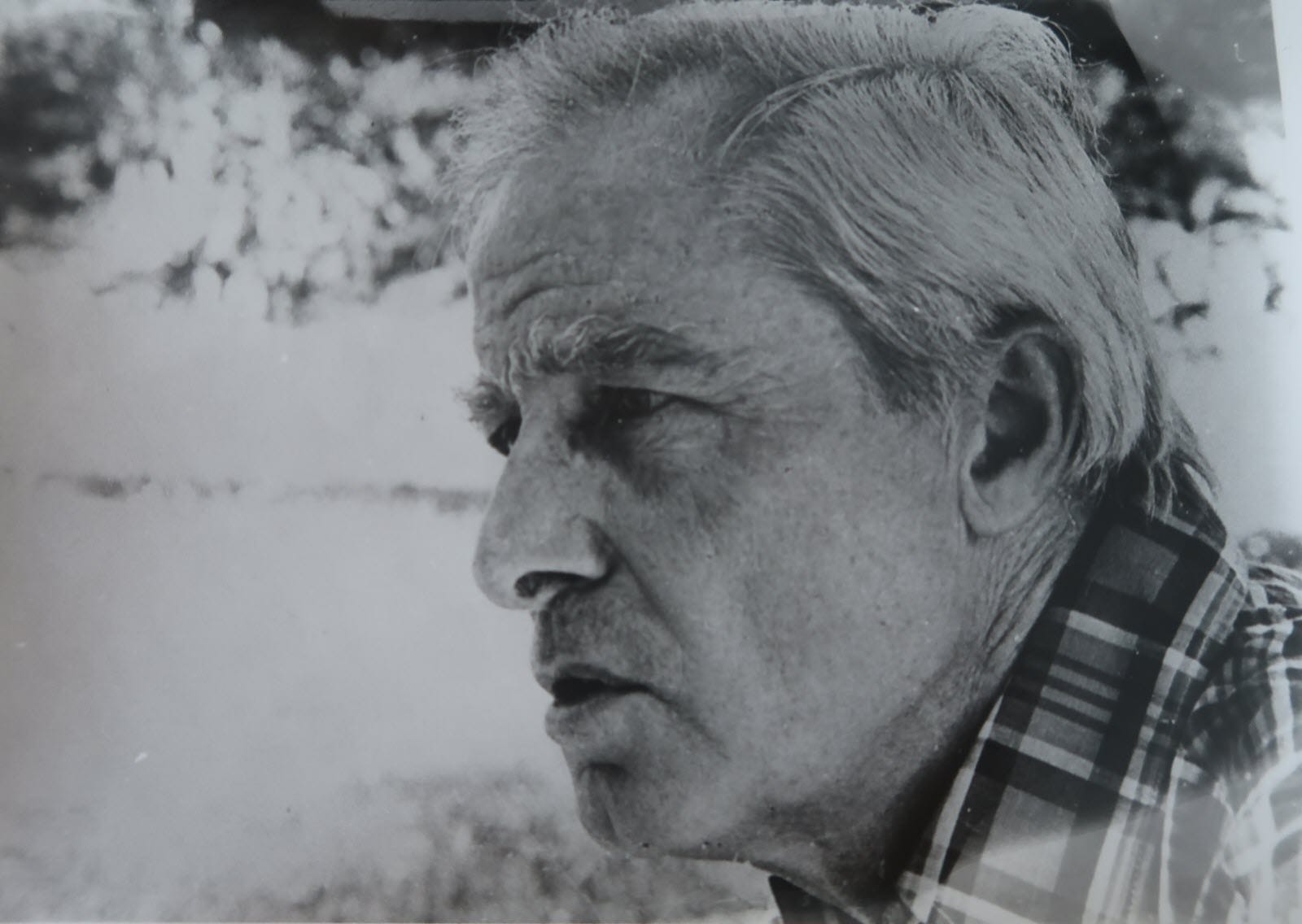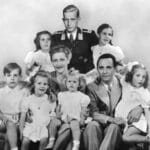Joachim Peiper, a decorated Waffen-SS officer and Heinrich Himmler’s adjutant, embodies the chilling duality of Nazi Germany: unwavering loyalty coupled with brutal disregard for human life. The Malmedy Massacre, a chilling chapter in the Battle of the Bulge, cemented Peiper’s legacy as a war criminal, yet his full story remains a complex tapestry of ambition, ideology, and wartime atrocities. From the Eastern Front to the Ardennes, Peiper’s battlefield prowess earned him accolades within the SS, but his ruthlessness ultimately led to his conviction and enduring infamy. Peiper’s post-war life, marked by imprisonment, release, and a violent death, further fuels the debate surrounding his role in the Nazi war machine and the enduring quest for justice.
The Genesis of a War Criminal: Peiper’s Path to the SS
Joachim Peiper’s journey from a Berlin youth to a notorious Waffen-SS commander is a chilling study in indoctrination and ambition. Born in 1915, his early life coincided with Germany’s turbulent post-World War I era, a period ripe for extremist ideologies. His father, a career military officer, likely instilled in him a sense of duty and nationalism, potentially influencing his later choices. In 1933, at the age of 18, Peiper joined both the Hitler Youth and the SS, signaling an early embrace of Nazism. This dual membership suggests a deep commitment to the Nazi cause, going beyond the typical youth organization involvement. His subsequent role as Heinrich Himmler’s adjutant offered unparalleled access to the inner workings of the SS, solidifying his indoctrination and shaping his ruthless worldview. This close relationship with Himmler, a key architect of the Holocaust, likely played a pivotal role in Peiper’s rapid ascent within the SS hierarchy.
From Poland to the Bulge: Peiper’s Wartime Actions
Peiper’s wartime career, spanning from the invasion of Poland in 1939 to the Battle of the Bulge in 1944, is marked by both military achievements and alleged atrocities. His early involvement in the invasion of Poland, while serving as Himmler’s adjutant, likely exposed him to the brutal realities of Nazi warfare. From 1941 to 1943, Peiper fought on the Eastern Front, gaining extensive combat experience and demonstrating tactical proficiency, particularly as a panzer commander in Ukraine. However, this period also saw escalating violence against both enemy combatants and civilians, raising questions about his adherence to the laws of war. Some historians suggest this period played a crucial role in hardening his attitude towards human life. His leadership of Kampfgruppe Peiper during the Battle of the Bulge in December 1944 is perhaps the most controversial chapter of his military career. While he achieved some tactical successes, his aggressive approach and disregard for civilian casualties contributed to the overall failure of the German offensive. Moreover, the Battle of the Bulge became inextricably linked with the Malmedy Massacre, forever staining Peiper’s reputation.
The Malmedy Massacre: A Stain on History
The Malmedy Massacre, occurring on December 17, 1944, during the Battle of the Bulge, remains a chilling testament to the brutality of war. Peiper’s Kampfgruppe murdered over 80 American prisoners of war near Malmedy, Belgium. Eyewitness accounts and historical analyses suggest a deliberate and cold-blooded act. While the exact extent of Peiper’s direct involvement remains a subject of debate among historians, his command responsibility is undeniable. The massacre became a symbol of the atrocities committed by the Waffen-SS and played a significant role in the subsequent war crimes trials. The Malmedy Massacre continues to be a subject of intense scrutiny, prompting ongoing research and discussion about the chain of command, individual culpability, and the psychological impact of war on soldiers.
Post-War Reckoning: Trial, Release, and Assassination
Following the war, Peiper, along with other members of his unit, was brought to trial for his role in the Malmedy Massacre and other alleged war crimes. Found guilty, he was initially sentenced to death. However, this sentence was later commuted to life imprisonment, amidst questions surrounding the trial procedures and the collection of evidence. His release in 1956, after serving only a portion of his sentence, ignited further controversy and fueled accusations of leniency towards Nazi war criminals. Peiper’s post-war life in France was lived under a shadow of suspicion. Rumors of persistent Nazi sympathies dogged him, further complicating his already controversial legacy. In 1976, his past seemingly caught up with him. He was murdered in a violent arson attack at his home in Traves, France. The circumstances surrounding his death remain shrouded in mystery, with theories ranging from revenge killings to connections with alleged post-war activities. The absence of a definitive conclusion continues to intrigue historians and fuel speculation.
The Enduring Legacy of Joachim Peiper
The legacy of Joachim Peiper is undoubtedly complex and contested. He was a skilled military commander, demonstrating tactical brilliance on the battlefield. Yet, he is also remembered as a figure implicated in terrible atrocities, forever linked to the Malmedy Massacre. His story highlights the paradoxical nature of wartime leadership, where tactical proficiency can coexist with moral depravity. The ongoing debate surrounding Peiper’s guilt, motivations, and the extent of his responsibility serves as a stark reminder of the enduring challenges in achieving justice and understanding the complexities of war. Peiper’s case also prompts reflection on the broader context of Nazi Germany, the role of indoctrination, and the dehumanizing effects of ideological extremism. Intrigued by individuals who leave indelible marks on history? Explore the life and achievements of another remarkable figure, Sadaharu Oh, a legendary Japanese baseball player whose story offers a contrasting perspective on leadership and legacy.
- Georgia Platform: A Southern Strategy, 1850s - March 31, 2025
- How many weeks is 40 days: Quick Conversion Guide for Accurate Results - March 31, 2025
- How many feet is 300 meters? 984 Feet: Understand Length Conversions Easily - March 31, 2025

















1 thought on “Joachim Peiper: The Waffen-SS Commander, Malmedy, and a Legacy of War”
Comments are closed.